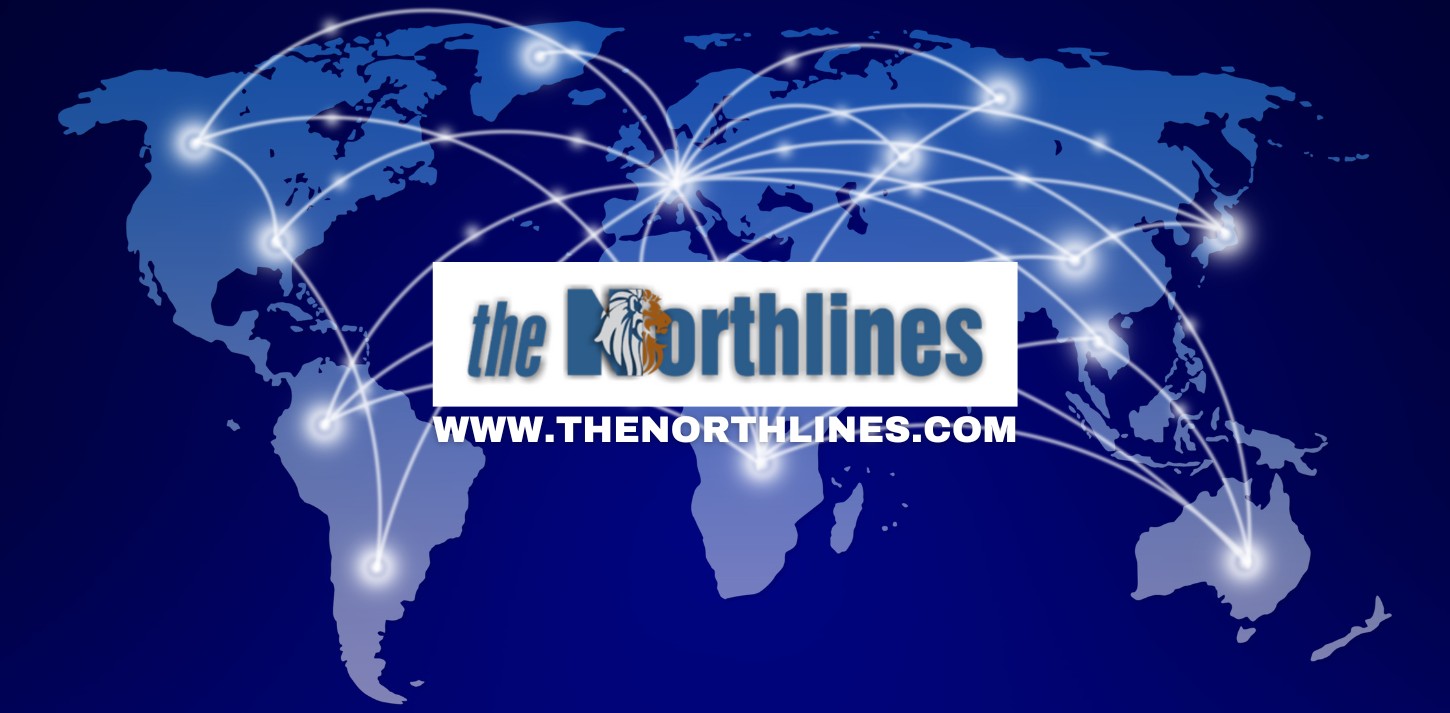Can US curb Iran's oil exports? China emerges key link keeping Tehran's supply chain insulated

Recent missile and drone strikes by Iran against Israel have sparked calls in the US to tighten sanctions. However, President Biden faces challenges in curbing Iran's oil exports due to concerns over high energy prices and upsetting trade partner China. Despite strict US sanctions, China remains Iran's largest buyer of crude. The White House is cautious of imposing sanctions that could raise market costs.
Source: Link
FAQs: Can the U.S. Curb Iran's Oil Exports?
Frequently Asked Questions
Q1. Can the U.S. effectively curb Iran's oil exports?
A1. The U.S. faces significant challenges in curbing Iran's oil exports completely because China has emerged as a key link, keeping Tehran's supply chain insulated. Measures such as sanctions can impact Iran's oil sector but as long as China continues to do business with Iran, it will be difficult for the U.S. to completely isolate Iran's oil export capacity.
Q2. How has China become a key link in Iran's supply chain?
A2. China maintains significant economic and trade relationships with Iran, and this includes buying oil. As the largest global producer of various critical commodities and a major consumer of oil, China has the leverage and capacity to maintain Tehran's supply chain despite U.S. sanctions or efforts to curb Iran's exports.
Q3. Why is it hard for the U.S. to influence China's dealings with Iran?
A3. The U.S. has limited influence over China's foreign policy decisions and economic interests. As a sovereign nation with its global power and interests, China can choose to prioritize its energy needs and strategic partnerships, potentially at the expense of aligning with U.S. sanctions.
For more details on China's role and the U.S. approach to Iran's oil exports, refer to the article on The Northlines: Can US curb Iran's oil exports? China emerges key link keeping Tehran's supply chain insulated.

